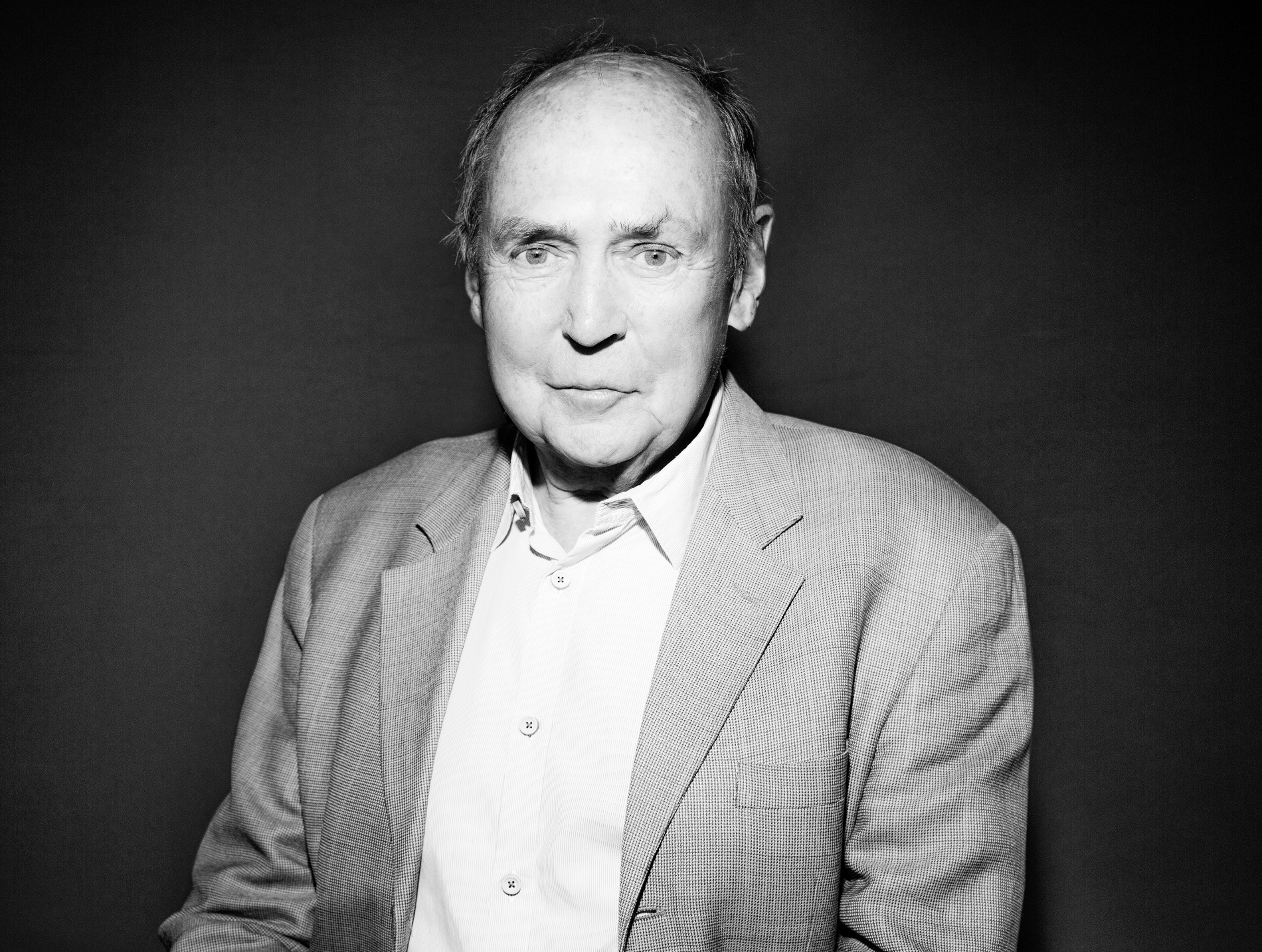The United States and France. The Power between Myth and Reality
Distributed by la Documentation française (text in French).
Abstract
Franco-American relations cannot be simple. The two countries share a long and common history during which, at least during the 20th century (with the exception of Vichy) they were both on the same side. But while American power continued to increase rapidly, France remained an ancient nation struggling to hang on to its status. Whereas France attempts- often with little success- to build a 'good' relationship with the United States, the United States, on the other hand, is both intrigued and annoyed by what it interprets as the tantrums of an old lady who is never satisfied.
Franco-American fiction is primarily based on three specific issues: Economics, culture and Europe.
Firstly, economics. Ideological quarrels on the hegemony of the dollar are now a thing of the past. Finally, France is pleased and proud to be a forerunner in playing host to American multinationals. As for French firms, their implantation in the US is honorable, even though it is a far cry from the number of German firms implanted in the US. Moreover, Americanization – or said otherwise, the diffusion of American norms- of the French economy seems inevitable. But does this Americanization symbolize the triumph of the United States? Nobody owns the rules. At times they may serve one while at other times they may serve the other.
Next, culture. From the 17th century to the dawn of the 20th century, it could be said that French culture was universal. Since World War I, however, Anglo-American culture has taken over this title, leaving France to struggle to preserve the status of French and the diversity of cultures. But what are the real stakes? Both American and French cultures are faced with the same challenge- the challenge of multicultural claims. Anglo-American English is now the language of business and trade, sports and science. In brief, it is today’s world super class. Yet competition still remains present, not between cultures, but between the industries of image. The weight of the US is great and long-lasting. What can France do? Can it equal the US? But would this not eventually lead to the creation of American products, without American know-how and without their power to conquer markets. Can France protect the delicate blossoms of cinema, art and essay? Would this not imply plunging into a sophistication which is little accessible?
Finally, Europe. Is this not a pertinent field where France, by bringing together and guiding the Europeans, is offered a leverge that enables it to equal the US? Under the presidency of General de Gaulle, who for a moment dreamed- in vain- of a transatlantic directoire, Europe became a Franco-American stake. But are the Europeans ready to renounce American protection? Is the United States capable of imaging itself as no longer being Europe’s peacekeeper? Will France accept the price of a strong European entity: its transformation in favor of the European Union?
In conclusion, is it desirable and possible to normalize Franco-American relations? Both countries probably understand each other very well, their disagreements (mostly on the French side) are more the results of political utility. The major challenges facing these two States are no doubt beyond and outside their bi-lateral relations. France’s great dream is to be a 'pain to the world'. Does this dream have the slightest significance in today’s international context? As for the United States, it is the Rome of today- but for how long?








